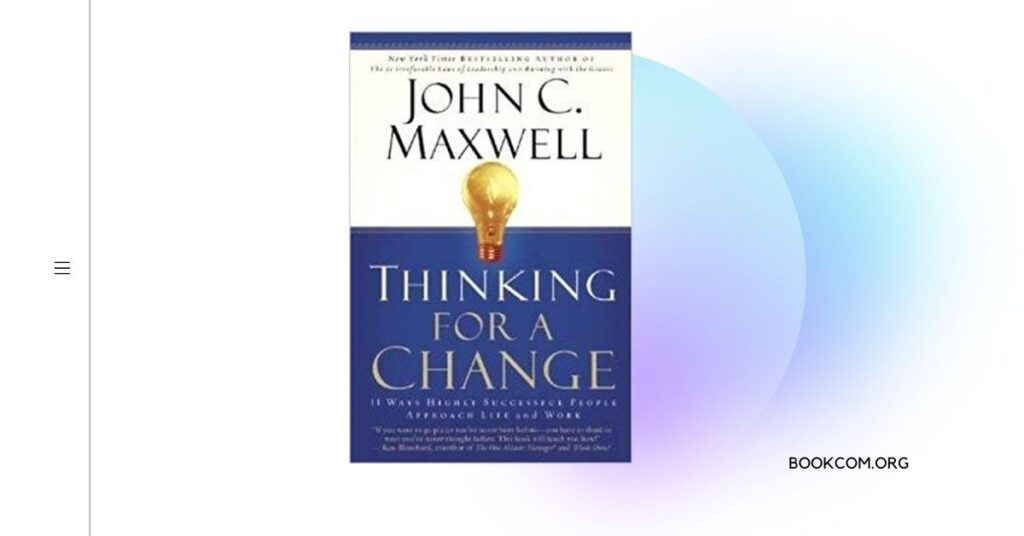In the quest for productivity and efficiency, “The 4-Hour Workweek” has emerged as a game-changing book, reshaping the way individuals approach work and maximize their output. With its practical and innovative strategies, this book has gained global recognition, providing valuable insights on how to work smarter, not harder. In this article, we delve into five key lessons derived from “6 Practical Tips from ‘The 4-Hour Workweek’ to Boost Your Productivity.” These lessons offer actionable advice, unique perspectives, and valuable insights to engage readers and establish authority on enhancing productivity.
Lesson 1: Define Your Priorities
One of the fundamental lessons from “The 4-Hour Workweek” is the importance of defining your priorities. By identifying the tasks and activities that contribute the most value and impact to your work and life, you can optimize your productivity. This allows you to focus your time and energy on what truly matters, rather than getting lost in busywork.
Practical Tip: Take time to assess your goals and identify the activities that align most closely with them. Make a list of your top priorities and allocate your time and resources accordingly. Regularly reassess and adjust your priorities as needed.
Lesson 2: Embrace Outsourcing and Automation
“The 4-Hour Workweek” emphasizes the power of outsourcing and automation to free up time and increase productivity. By delegating non-essential tasks and leveraging technology, you can streamline your workflow and focus on high-value activities.
Practical Tip: Identify repetitive or time-consuming tasks that can be outsourced or automated. Delegate administrative work or low-impact tasks to virtual assistants or automation tools. Use productivity apps and software to streamline processes and eliminate manual effort.
Lesson 3: Adopt the 80/20 Rule
The 80/20 rule, also known as the Pareto Principle, is a key concept discussed in “The 4-Hour Workweek.” It suggests that 80% of your results come from 20% of your efforts. By identifying and focusing on the most impactful activities, you can maximize your productivity and achieve greater results.
Practical Tip: Analyze your work and identify the tasks or projects that contribute the most to your desired outcomes. Prioritize these high-impact activities and allocate more time and resources to them. Streamline or eliminate tasks that have a minimal impact.
Lesson 4: Practice Effective Time Management
Effective time management is crucial for boosting productivity. “The 4-Hour Workweek” emphasizes the importance of prioritizing tasks, setting deadlines, and managing interruptions to make the most of your time.
Practical Tip: Plan your day and week in advance, identifying the key tasks to focus on. Set specific deadlines for each task to create a sense of urgency. Minimize distractions and interruptions by implementing strategies such as time blocking or turning off notifications. Regularly evaluate your time management strategies and make adjustments as needed.
Lesson 5: Create a System for Email and Communication
Email overload and inefficient communication can hinder productivity. “The 4-Hour Workweek” provides insights on how to streamline email management and optimize communication to minimize time wasted on non-essential messages.
Practical Tip: Implement an email management system, such as batching emails or using filters and folders to prioritize important messages. Set specific times for checking and responding to emails to avoid constant interruptions. Embrace alternative communication tools like project management software or chat platforms to streamline collaboration and reduce email dependency.
“6 Practical Tips from ‘The 4-Hour Workweek’ to Boost Your Productivity” offers valuable insights and actionable advice for individuals seeking to enhance their productivity. By defining priorities, embracing outsourcing and automation, adopting the 80/20 rule, practicing effective time management, and creating a streamlined system for email and communication, individuals can optimize their workflow and achieve greater results with less effort. So, let us integrate these practical tips into our daily lives, and embrace a more productive and fulfilling approach to work.



